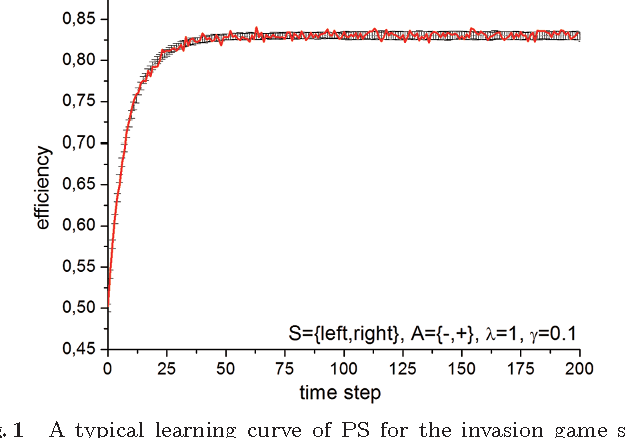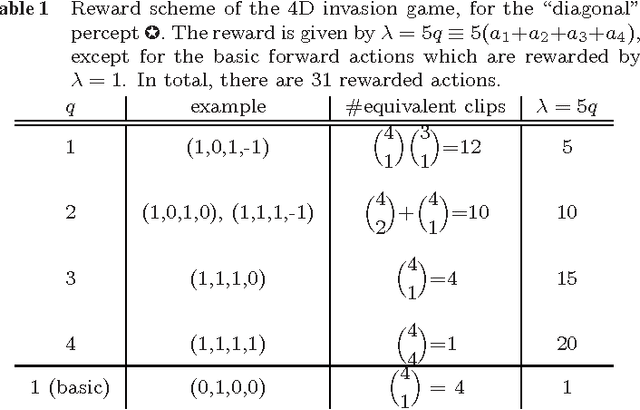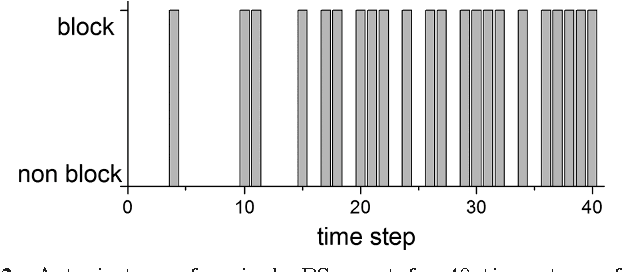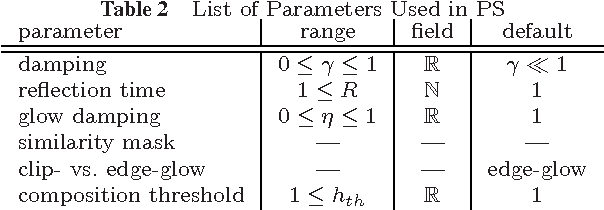Projective simulation for classical learning agents: a comprehensive investigation
Paper and Code
Dec 01, 2014



We study the model of projective simulation (PS), a novel approach to artificial intelligence based on stochastic processing of episodic memory which was recently introduced [H.J. Briegel and G. De las Cuevas. Sci. Rep. 2, 400, (2012)]. Here we provide a detailed analysis of the model and examine its performance, including its achievable efficiency, its learning times and the way both properties scale with the problems' dimension. In addition, we situate the PS agent in different learning scenarios, and study its learning abilities. A variety of new scenarios are being considered, thereby demonstrating the model's flexibility. Furthermore, to put the PS scheme in context, we compare its performance with those of Q-learning and learning classifier systems, two popular models in the field of reinforcement learning. It is shown that PS is a competitive artificial intelligence model of unique properties and strengths.
 Add to Chrome
Add to Chrome Add to Firefox
Add to Firefox Add to Edge
Add to Edge